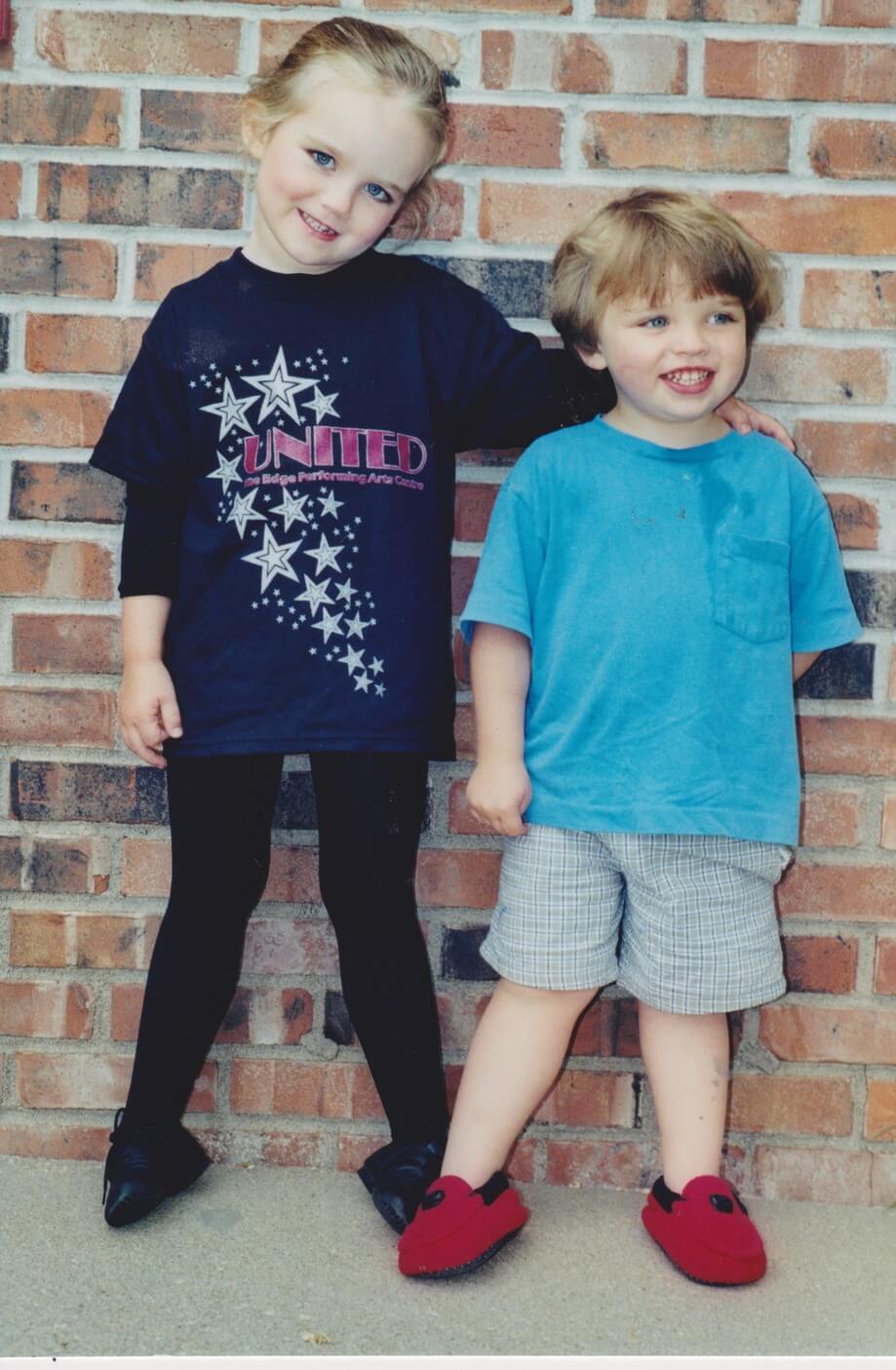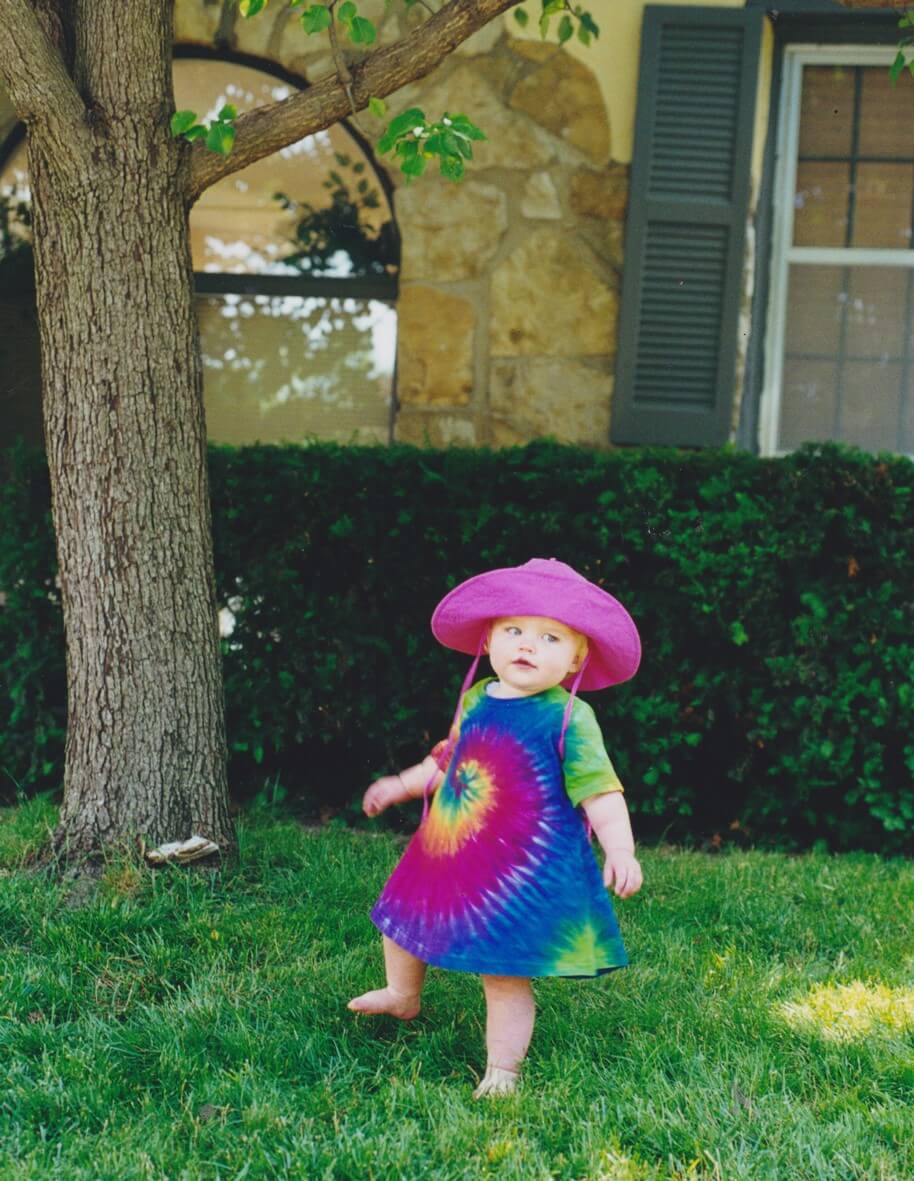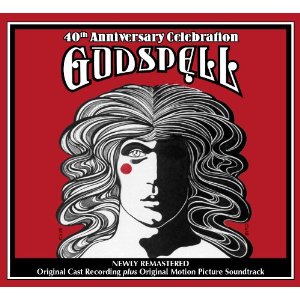Next week I will celebrate my 2nd consecutive year living in long-term recovery from alcohol use disorder. Notice my language. It is very specific for a reason: I believe that I will spend the rest of my life working to develop deeper understanding of my need to numb feelings and, hopefully, will be granted the Grace and inspiration to pursue ever-deeper practices for managing and maintaining a healthy, well-rounded life without relying on alcohol.
I am so proud of this achievement yet I know that I could “slip” at any time if I begin to neglect the positive practices that keep me humble and eager for continued sobriety. Just like a person who has changed jobs, my openness about my struggles is just one of many facts about my life – in other words, sobriety will never define me as a person. Yet, surprisingly, maybe because of tv shows like “celebrity rehab” or the heavy infiltration of 12-step type phrases in popular culture, it has been my experience that people automatically have their own sets of expectations of what your recovery should look and feel like.
It is impossible to convey to a person who does not have addiction controlling their life the excitement and liberation you feel once you decide to change, accept your limitations, and work everyday to seek newer and better ways to live “a normal life” without obsessing over wanting to numb. That’s why I write about it. But it makes people feel “awkward,” it seems. So I am supposed to confine and limit my experience to groups of other “users.” This does not make sense to me. You wouldn’t avoid talking to a person about their new “job,” so why would the topic of pursuing a life without addiction be any different? This is why maintaining sobriety can be difficult – it is more “polite” to ignore the addiction monster in casual conversation. This kind of sweeping under the rug behavior is bad for our children. They need to hear us talking about and showing them what a life built on zero reliance on alcohol looks and feels like. Just like we introduce our children to the concept of work by taking them to work with us, we should not be afraid to declare our commitment to sobriety to our friends, family and community.
The reality is that the younger a person is when they first experience alcohol, the more likely it will cause an addiction problem later in life. We don’t perpetuate self-sabotaging cycles in other health-related concerns (for instance, heart disease), so why are we reluctant to openly discuss and support addiction and sobriety?
I have a suspicion it is because many of us believe one of two things: that we are already slipping into bad habits of relying on alcohol to “numb” difficult emotional situations or we mistakenly believe we are immune to addiction. Those are highly dangerous beliefs. I think another reason people don’t want to talk about their feelings related to numbing and alcohol is because there is a widespread misunderstanding of what a sober life looks and feels like. I will definitely admit (if you have not already ascertained this fact!) that I am a much more sensitive person sober than drinking. I have to work hard to process my thoughts, feelings and responses to everyone and everything around me to avoid falling into old patterns of numbing. But that doesn’t mean my life is no longer fun or that I will not tolerate others’ drinking around me (everybody has their own barometer of tolerance about this, so it is always thoughtful to ask).
Over the weekend, I felt so many “feels” as we celebrated our first-born child’s Graduation from High School. At once sentimental and fearful, the onslaught of well-wishing from people in your life you may still be reconciling with, the entire weekend was challenging and tiring for me to navigate. And the past two nights, my poorly trained brain with only 2 years of sober thinking under its belt, even began telling me “You should go ahead and enjoy a drink or 2 or 10. You don’t really have a problem.” This is proof to me that I will spend every waking moment for the rest of my life “managing” this enormous force that lives inside of me that wants to numb everything.
Finally, some thoughts about people in Recovery that might help others better understand this journey:
Sober people are fun people;
Getting sober means the party is just beginning, not ending.
Sober People do not intend to make you feel uncomfortable ;
Sober People would rather you throw out all your old ideas about Recovery and learn by engaging with them rather than avoiding the topic altogether;
Just like becoming confident about one’s performance in a new job, living comfortably in your own skin as a sober person takes time, and you should not have any unrealistic expectations about what this should look like – every sober person is unique.
It has been an honor and a pleasure sharing the past 24 months with Readers. I have received so much love, grace and appreciation from the many people who want to understand addiction. This propels me forward, especially after my 99th cup of coffee during absolutely perfect cold Heineken or margarita weather!

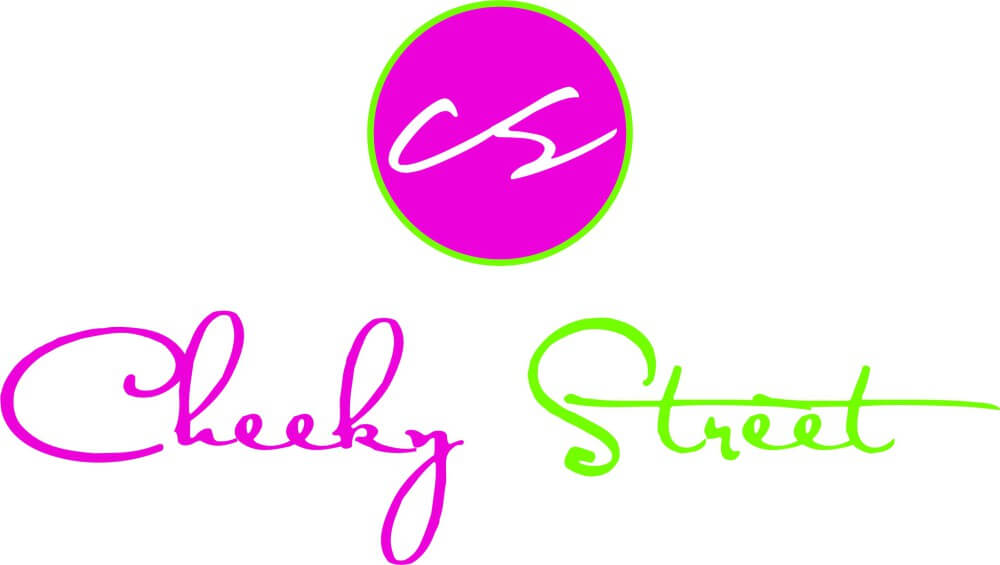
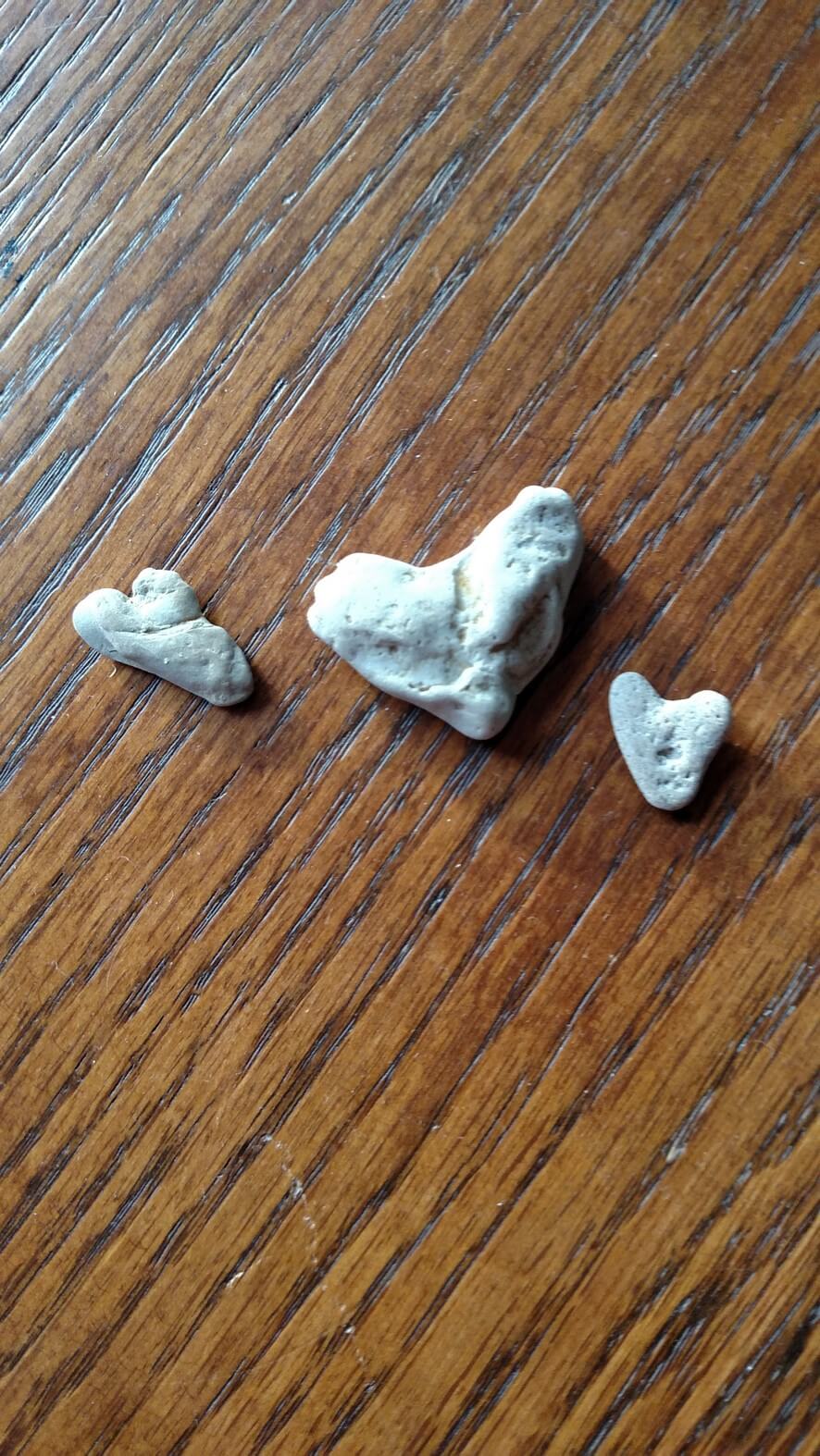





 Like “The Little Prince,” my favorite time of day has always been the sunset – and during my drinking days, especially so. Watching the sun drifting into the horizon meant I had survived the challenges of the day (e.g., sick kids, frustrating work problem, hangover, overdrawn checking account, whatever) and that it would soon be time to open my bottle of serenity. I avoided admitting I was an alcoholic for years because I knew it was a permanent commitment. However, nowadays, my very grateful sober self sees something quite different in the concept of “forever.” In her new book, “Bottled,” Dana Bowman describes the paradox:
Like “The Little Prince,” my favorite time of day has always been the sunset – and during my drinking days, especially so. Watching the sun drifting into the horizon meant I had survived the challenges of the day (e.g., sick kids, frustrating work problem, hangover, overdrawn checking account, whatever) and that it would soon be time to open my bottle of serenity. I avoided admitting I was an alcoholic for years because I knew it was a permanent commitment. However, nowadays, my very grateful sober self sees something quite different in the concept of “forever.” In her new book, “Bottled,” Dana Bowman describes the paradox:

